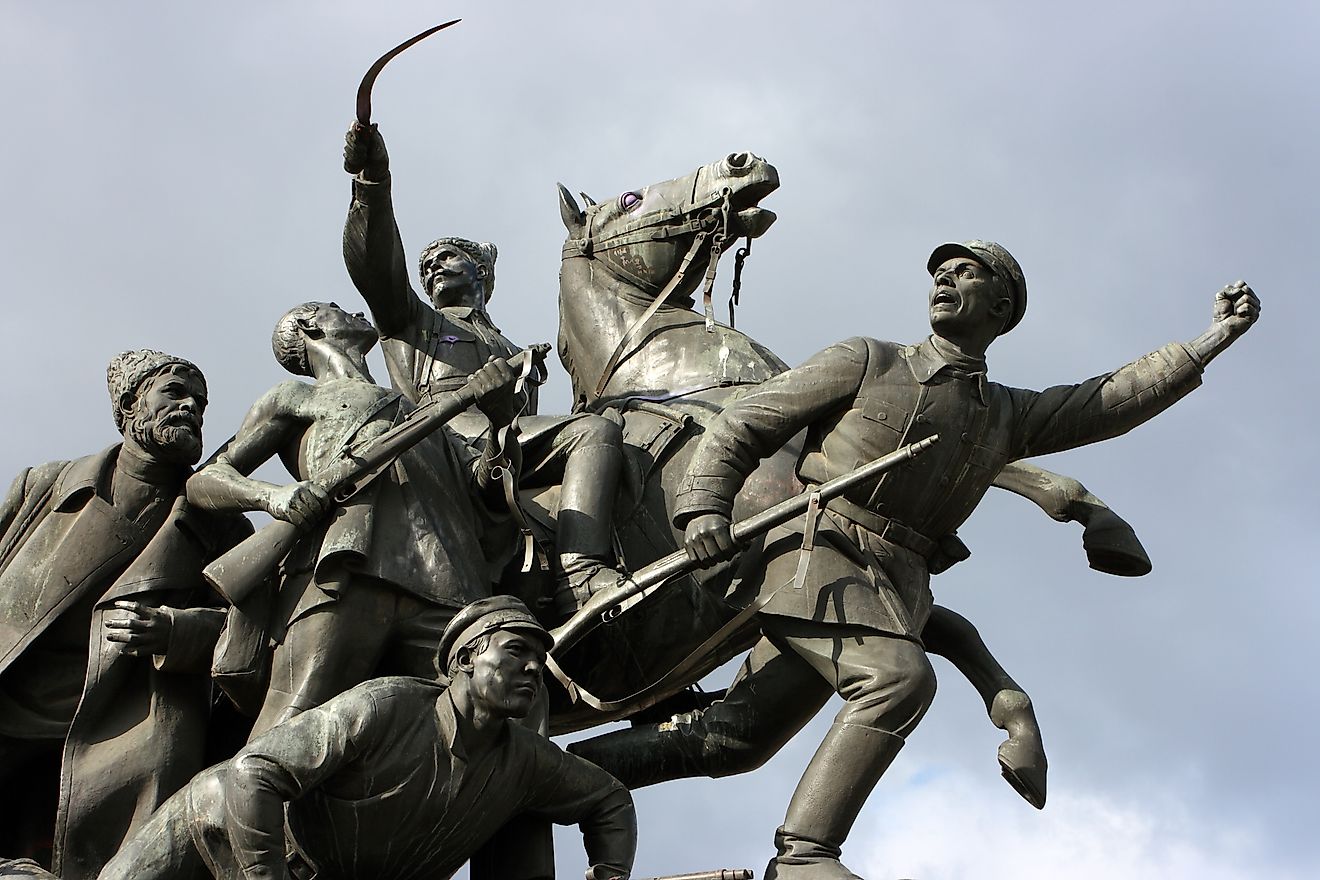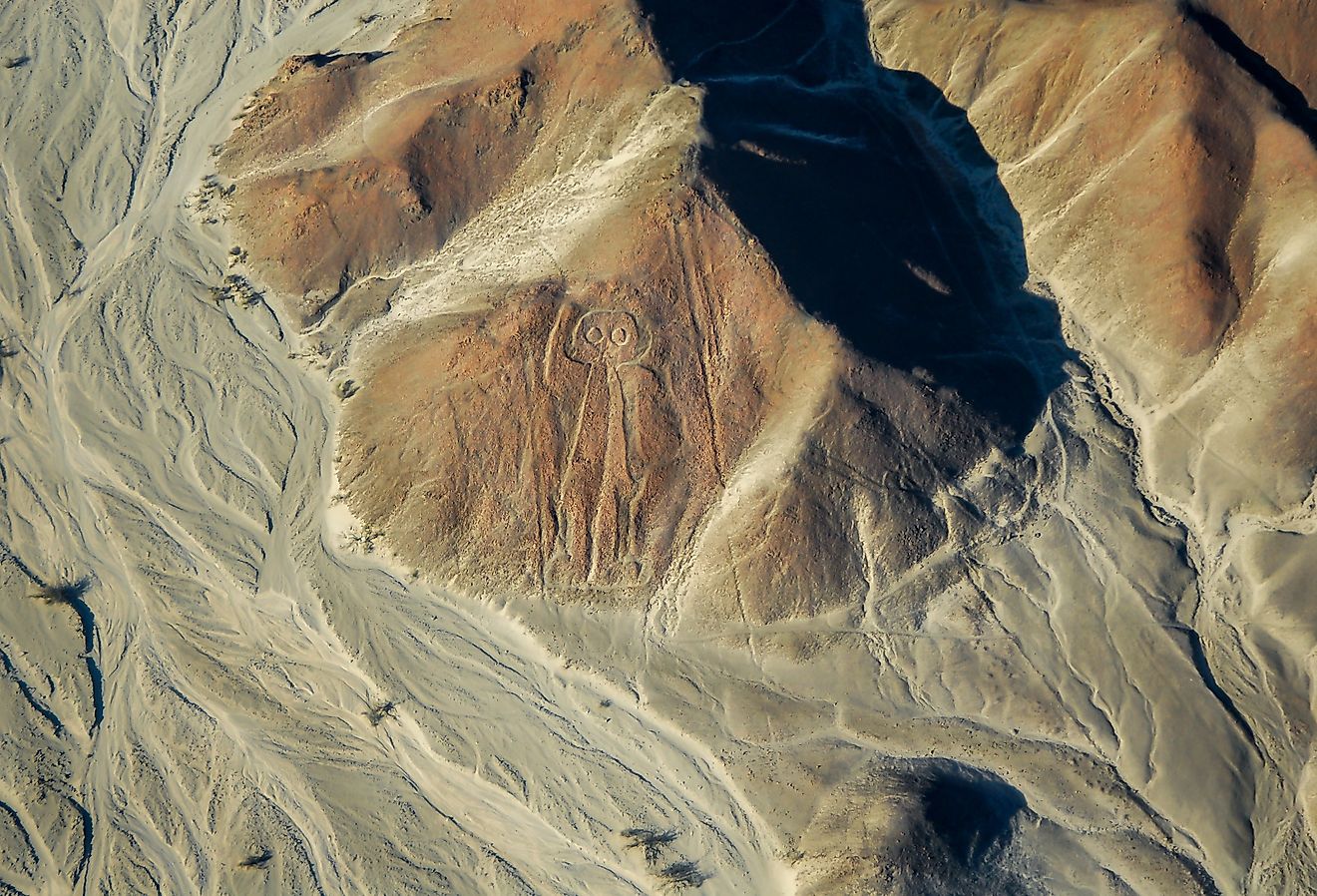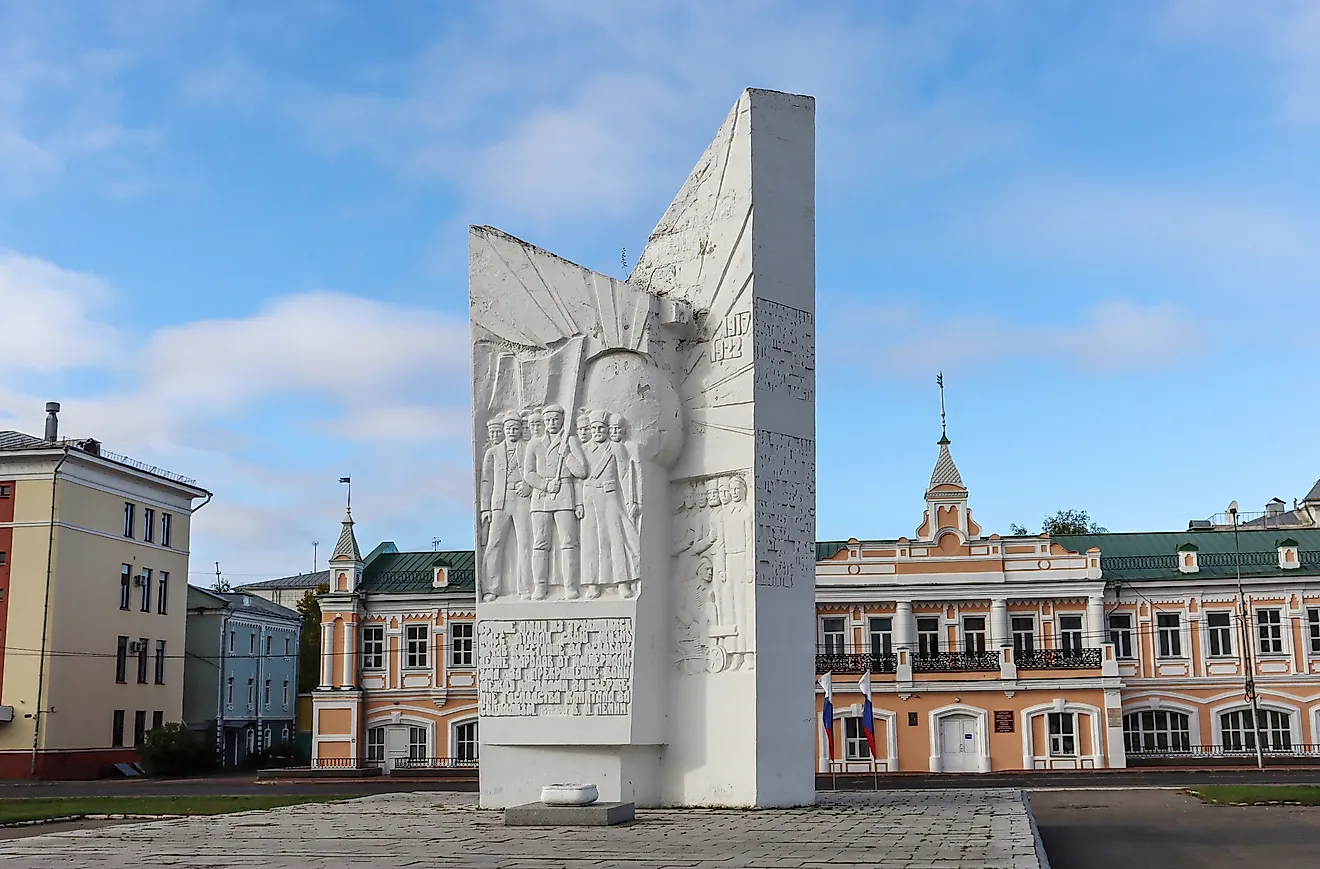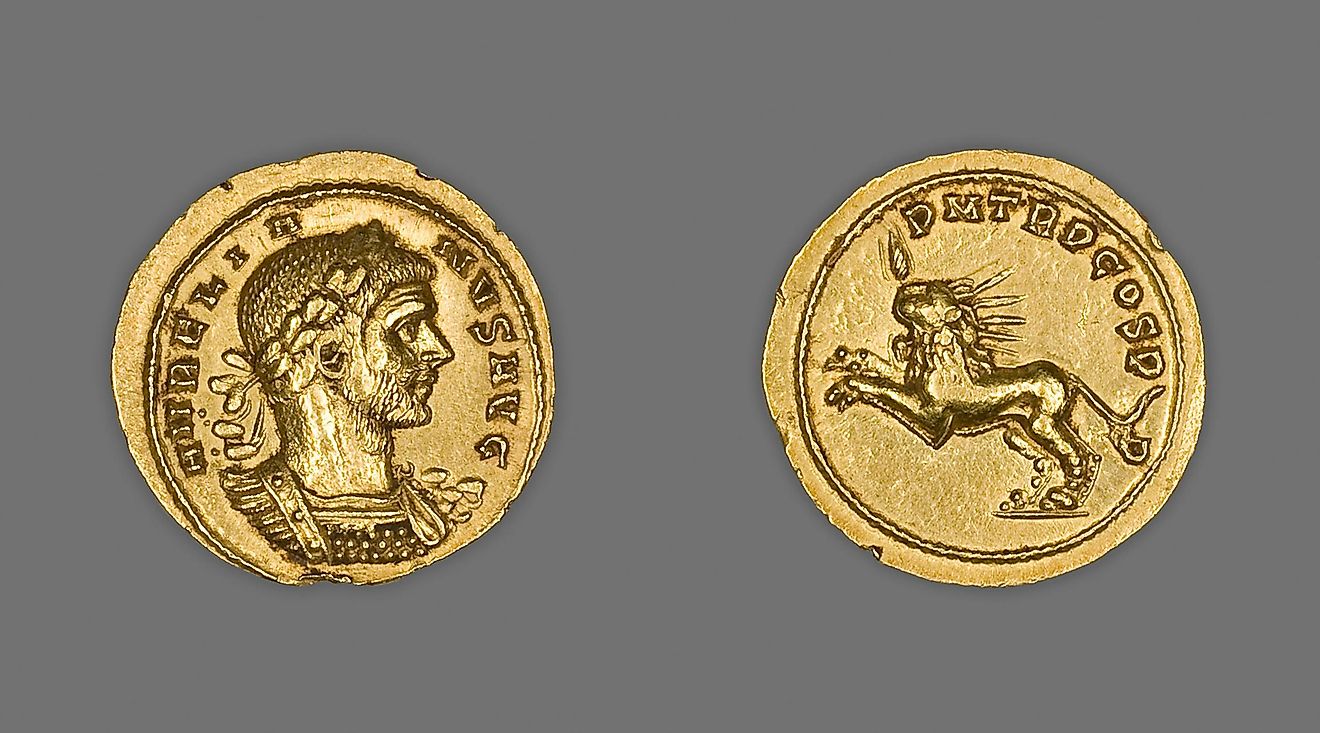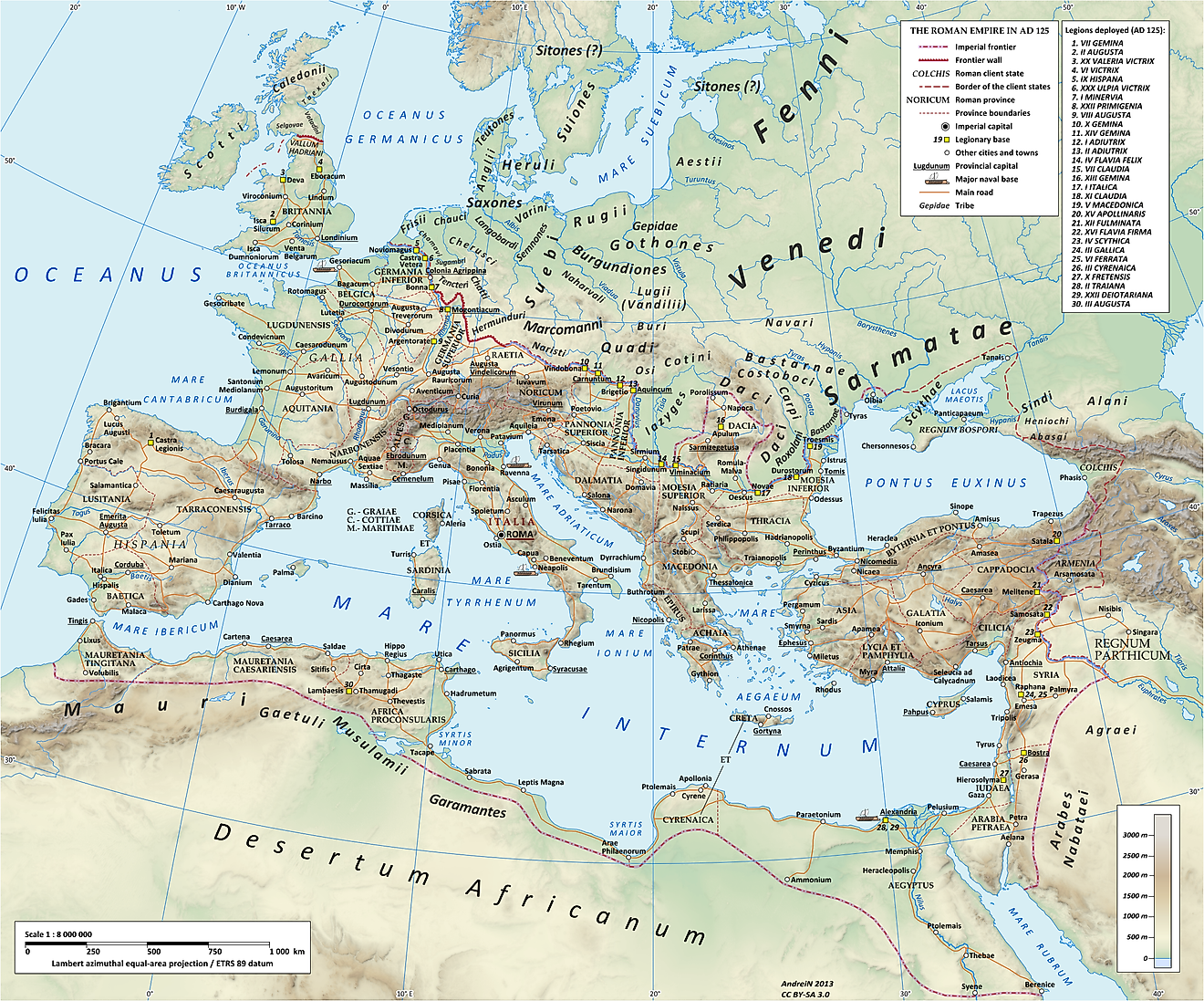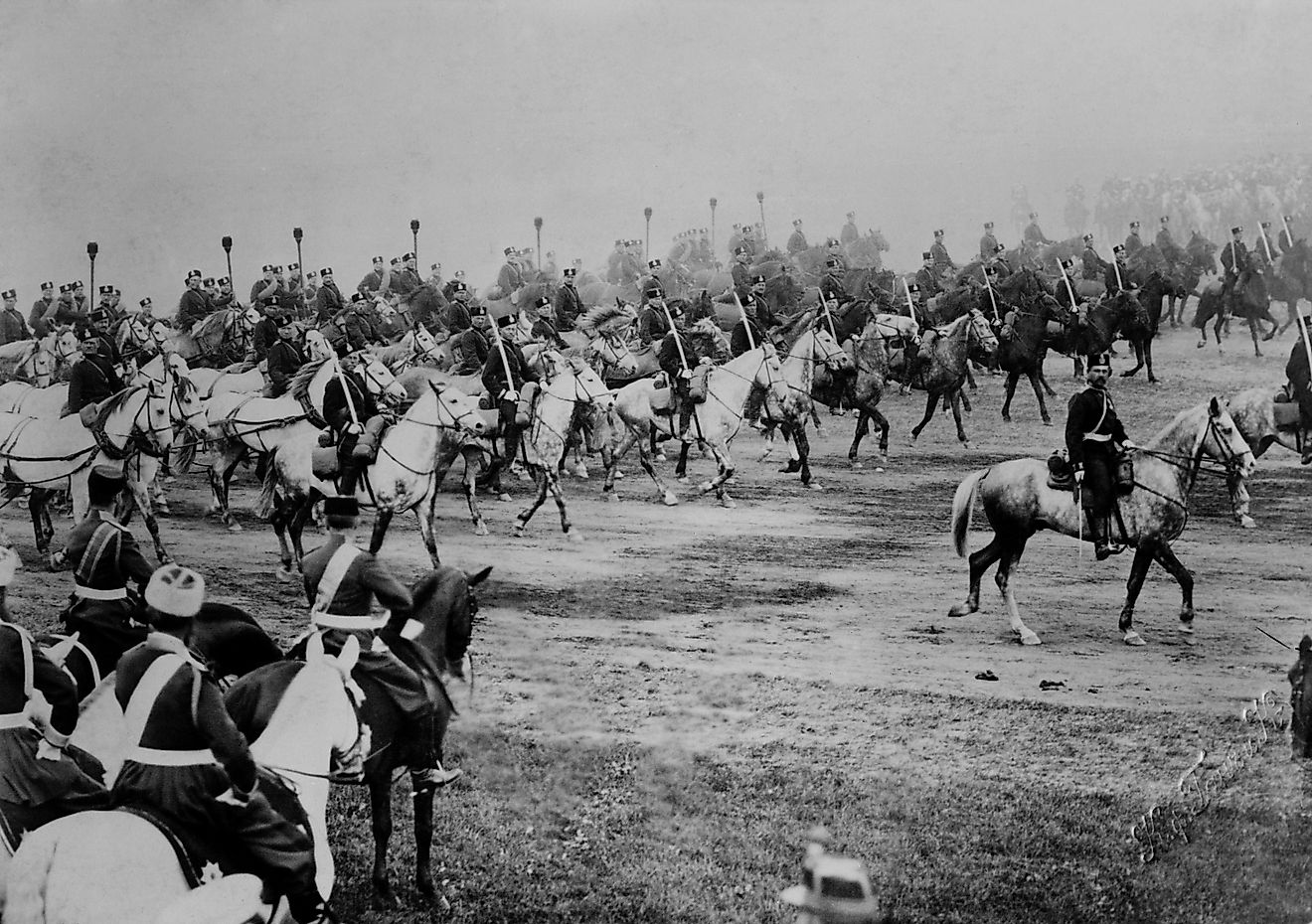
Why Was Israel Invaded in 1973?
On October 6th, 1973, a coalition of Arab states led by Egypt and Syria invaded Israel. The fourth in a series of conflicts between the Arabs and Israelis, the Yom Kippur War proved monumental in reshaping the geopolitical landscape of the Middle East. Indeed, it paved the way for Israel to return a significant portion of the land taken during the 1967 War, an action indicative of a broader peace process between Israel and Egypt.
Context
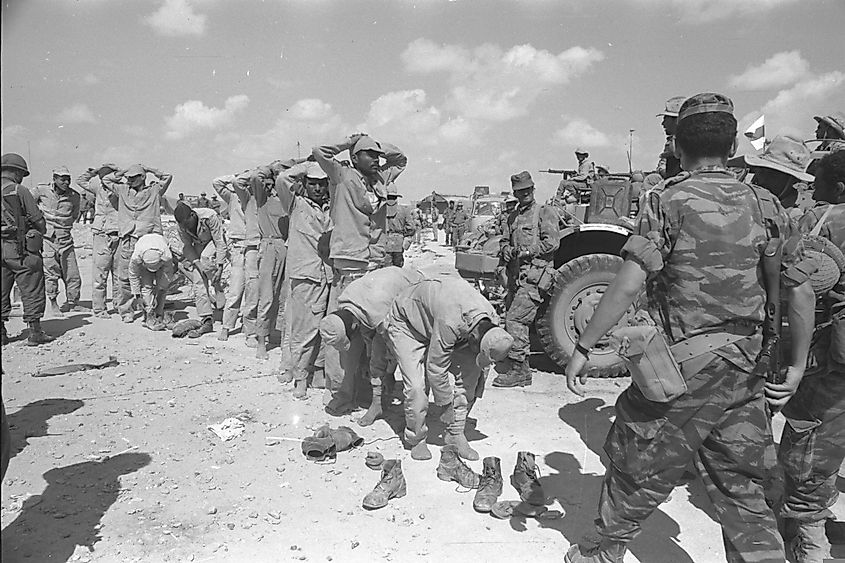
In 1948, Israel declared its independence. This was promptly followed by a coalition of Arab states invading Israel. The war, and a preceding civil war between the Jews and Arabs in Mandate Palestine, resulted in the expulsion of between 650,000 to 750,000 Palestinians. Tensions due to the Arab countries having to deal with the refugees, along with questions about Israel's borders and right to exist, colored and shaped several conflicts in the subsequent decades.
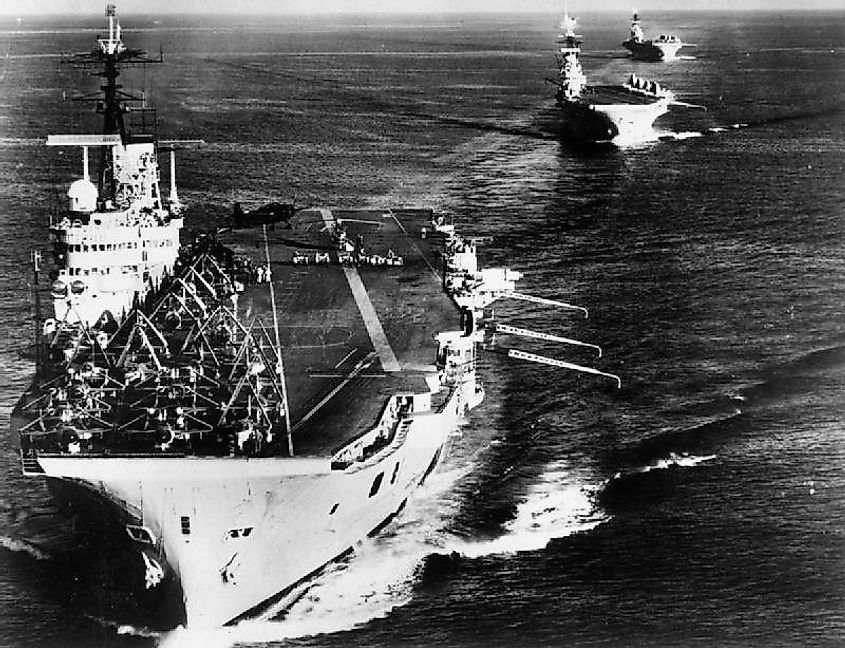
In 1956, Egyptian leader Gamal Abdel Nasser nationalized the Suez Canal, the arguable linchpin of the global economy. Seeing this as an existential threat, Israel, along with the United Kingdom (UK) and France, invaded Egypt in an attempt to force Nasser to resign in disgrace. The invasion achieved some of its military objectives, with the presence of UN peacekeepers at the southern tip of the Sinai Peninsula giving Israel access to the previously closed Straits of Tiran. However, the revelation that the attack had been coordinated by the British, French, and Israelis ended up strengthening Nasser's grip on power. Moreover, Israel stated that if the straits were ever closed again, it would be a reason for war.
This is exactly what happened when Nasser closed the Straits of Tiran in 1967 after being incorrectly told by the Soviet Union (USSR) that Israel was gathering troops near the Syrian border. The subsequent war was an unmitigated disaster for the Arab countries, with Israel taking the previously Egyptian-occupied Sinai Peninsula, the Jordanian-occupied West Bank, and the Syrian-occupied Golan Heights. The aftermath of the war also saw the rise of a Palestinian nationalist movement, which, having grown disillusioned with Nasser's notion of pan-Arabism after the failure of 1967, now wanted an independent voice. Finally, the war's peace process gave little reason to hope for a long-term resolution, with Israel refusing to give back most of the land and the Arab countries refusing to acknowledge Israel's right to exist.
New Leadership
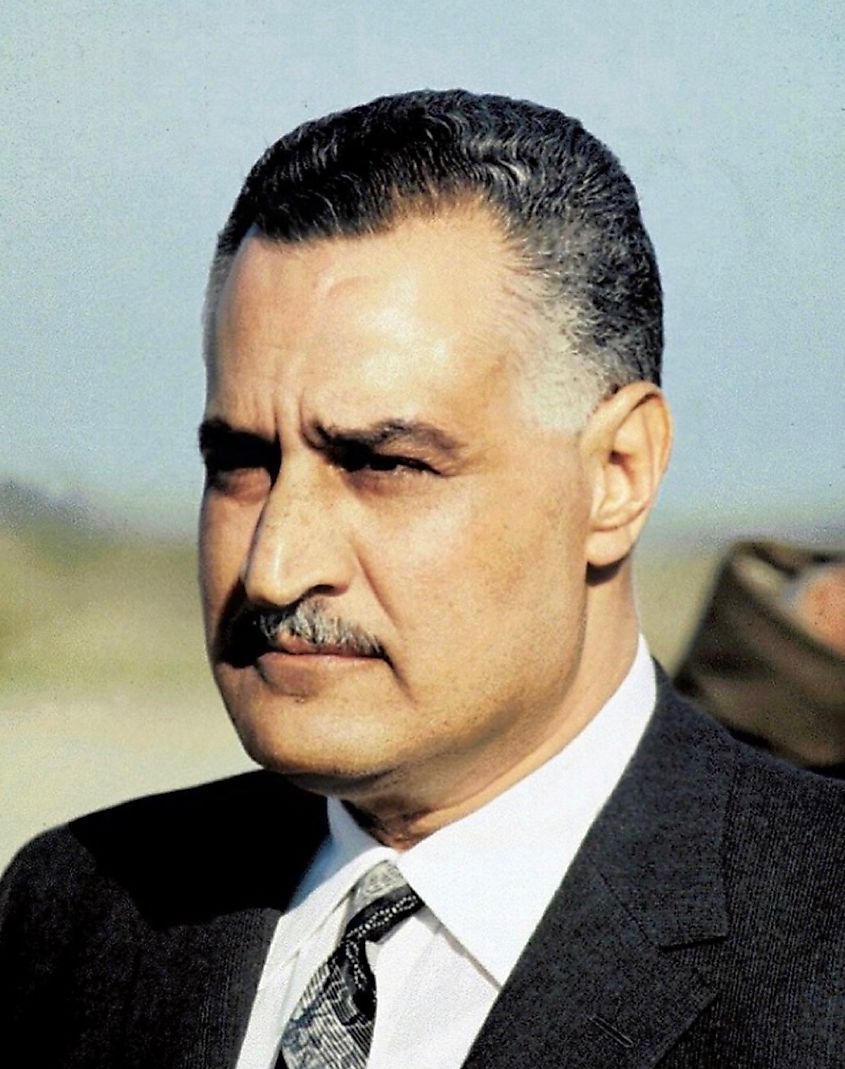
The years after the 1967 war saw intermittent fighting between Egypt and Israel. Egyptian President Anwar Sadat, who rose to power after Nasser's sudden death in 1970, initially proposed a peace settlement that would have seen a return of the captured territories, but Israel rejected it. Meanwhile, the Palestinian Liberation Organization (PLO), the most popular political party in the nascent Palestinian nationalist movement, found a home amidst the Palestinian refugee camps in Jordan. This caused tensions with the Jordanian government, and when the PLO started to act like its own government, a civil war erupted in 1970. While the Jordanians quelled the PLO and expelled them to Lebanon with the help of the Americans, it was clear that Palestinian nationalism was not something that could be ignored.
Up to then, the Americans were not heavily involved in the region since they focused on the Cold War with the Soviet Union. They believed, falsely, that the region was quiet after Israel's victory in 1967, but things were about to change.
The War

Syria and Egypt launched a surprise attack on Israel on October 6th, 1973, during the Jewish holiday of Yom Kippur, with the Syrians attacking the Golan Heights and the Egyptians attacking the Sinai Peninsula. Both made rapid progress, and the Egyptians managed to break through the Suez Canal. Due to the speed and intensity of the attacks, Israeli Prime Minister Golda Meir asked the Americans for help. This, paired with an improvement of strategy once the Israeli Defense Force (IDF) regrouped, allowed Israel to retake significant portions of territory, including the Suez Canal. Pressure from the United Nations ultimately resulted in an end of fighting on October 26th, 1973, with a formal ceasefire agreement signed in May the following year.
Aftermath
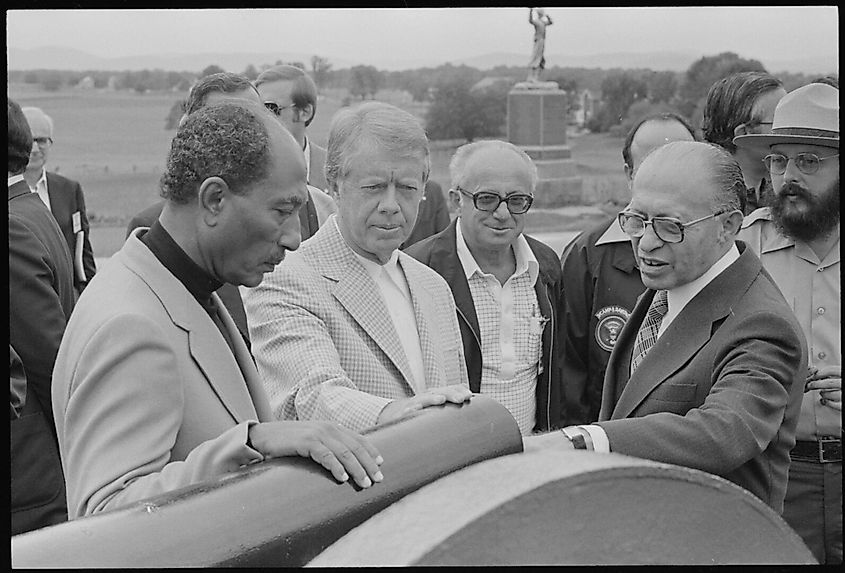
The war caused a break in the status quo established after 1967. Having proven that Israel was vulnerable militarily, Sadat now had leverage in peace talks. Moreover, when Jimmy Carter, someone very interested in peace in the Middle East, became the American President in 1977, real progress began toward long-term peace between Egypt and Israel. This culminated in the 1978 Camp David Accords, which saw Sadat and Israeli President Menachem Begin sign a "Framework for Peace in the Middle East." Israel subsequently returned the Sinai Peninsula to Egypt, and Egypt recognized Israel's right to exist. Despite the two countries remaining allies to this day, tensions persisted. Indeed, Sadat was assassinated in 1981 by Egyptian Islamic Jihad, an Islamist organization that opposed the Camp David Accords. This was but a microcosm of continued discontent among Israel's other neighbors. When combined with an ever-strengthening Palestinian nationalist movement, the stage was set for more conflict.
The 1973 Arab-Israeli War was a landmark event in the region. Emerging out of the wars of the previous decades, it saw Israel demonstrate a previously unseen military vulnerability. This, paired with the newfound negotiating power of Egypt and an American administration interested in peace in the region, led to the Camp David Accords, although discontent between Israel, the other Arab states, and the Palestinians persisted It was also the beginning of the very close military cooperation between the United States and Israel that we see today.
